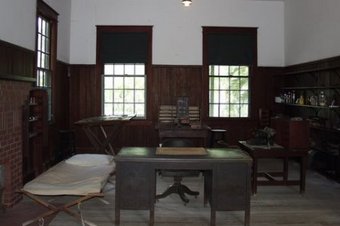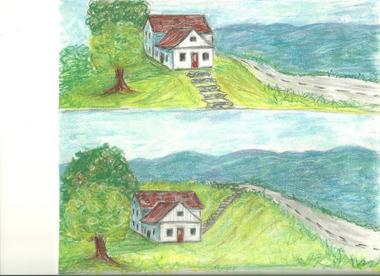Working to complete my new book – which is on Active Dreaming as a way of conscious living – amidst a constant round of travel and teaching all over the map, I have become a stranger to clock time apart from the schedules of flight departures and workshop sessions. When fatigued, I throw myself down for a couple of hours of industrial sleep or a cat nap, then spring out of bed, with my creative engine thrumming, and get back to writing and editing. When tired but not sleepy, or in need of a fresh view over a theme, I pluck a few books at random from the heaps of new acquisitions in my study or my reading nook upstairs, open them anywhere and forage forward and backward. I eat and drink whatever I feel like at any hour; lunch at midnight is in no way unusual. My best creative time is generally between 2AM and normal people’s lunchtime.
Someone remarked to me the other day that the pattern of my days is like Edison’s. Leafing through the old biography of the inventor of the lightbulb by Frank Dyer and Thomas Martin, I feel a grand affinity with the work habits of its subject. Edison had a cot in his laboratory at Fort Myers and would throw himself down on it for a restorative nap, at any hour. Sometimes he just curled up inside a roll-top desk with his head on a chemistry text; his assistants quipped that he must be absorbing the books while he napped, given his constant stream of inventive ideas.
He encouraged his staff to have lunch at midnight, washed down with mugs of beer and ending with cigars and bawdy songs, in which he often joined them. He noted in his diary, “I owe my success to the fact that I never had a clock in my workroom. Seventy-five of us worked twenty hours every day and slept only four hours — and thrived on it.”
He was greatly in favor of laughter. “His laugh is sometimes almost aboriginal; slapping his hands delightedly on his knees, he rocks back and forth.” He wrote down jokes and funny stories on index cards that he kept in his pockets, ready to produce when he played host to visiting dignitaries. Laughter was his therapy, as it is for me, and he knew that the best laughs come fresh and spontaneous from an openness to life.
He said, “My philosophy of life is work”, then defined his work as The Work, which for him was “bringing out the secrets of matter and applying them to the happiness of men.” While engaged in constant work, he also practiced a necessary “oscillation”, taking a break from one line of research by hurling himself into another, and spending time at a fishing hole – with a bait-less hook, since what he was seeking came from the waters of imagination.
I don’t go fishing with a rod and line, though I like the notion. But as I travel the roads of life, my hooks are always out, ready to catch a fresh story or a laugh line.
Edison’s laboratory with cot for power naps. Image from Edison& Ford Winter Homes.


